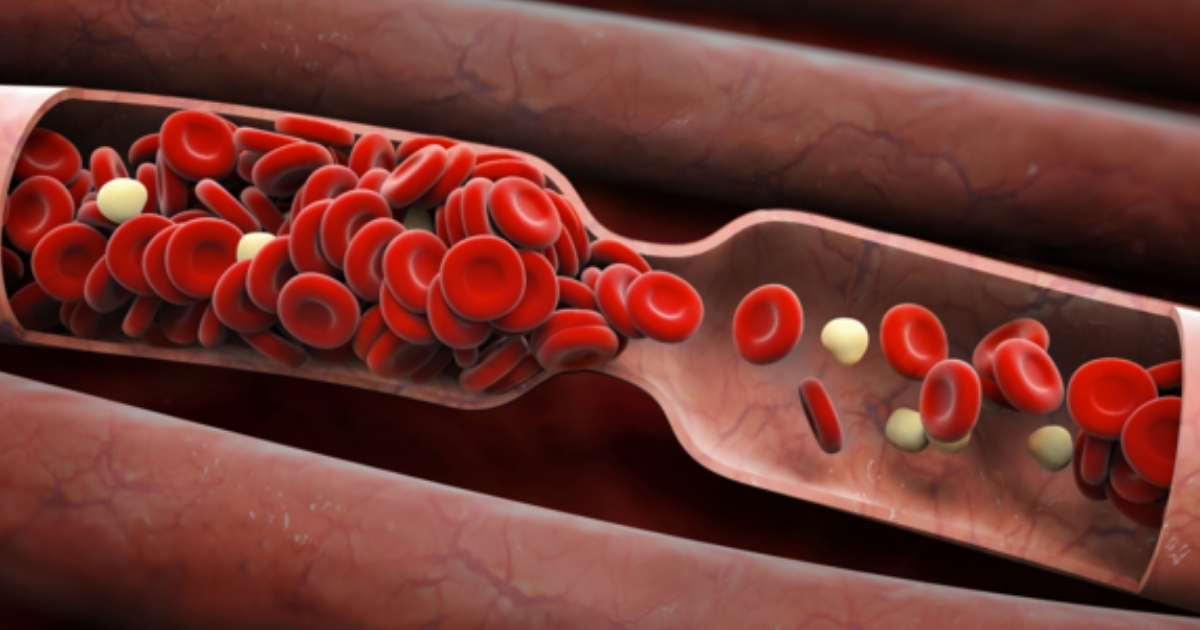Complications Of Cushing's Syndrome
Blood Clots In Lungs And Legs

Individuals affected by Cushing's syndrome can develop blood clots in the lungs and legs. Long term elevated levels of cortisol in the blood causes it to go into a hypercoagulable and hypofibrinolytic state. This occurs because cortisol is a hormone produced by the body for the purpose of increasing performance when an individual is placed in a stressful situation. A temporary spike in cortisol levels induces a temporary spike in platelet production and clotting factors to prepare the body for possible injury. While this is an effective mechanism in a healthy individual, someone with Cushing's syndrome consistently exhibits this cortisol spike. This causes their body to produce too many platelets on a consistent basis and stimulates elevated levels of clotting factor VIII, von Willebrand factor, and others. All of these changes in the blood cause the platelets to have an increased inclination to stick to the arterial walls and one another inappropriately. When this occurs, it forms a blood clot that can become lodged in the arteries of the legs, lungs, and other parts of the body. The mechanism the body uses to prevent clots called fibrinolysis is disabled by elevated cortisol.